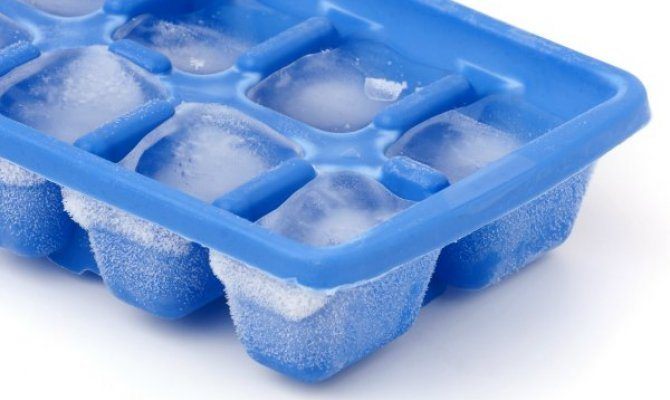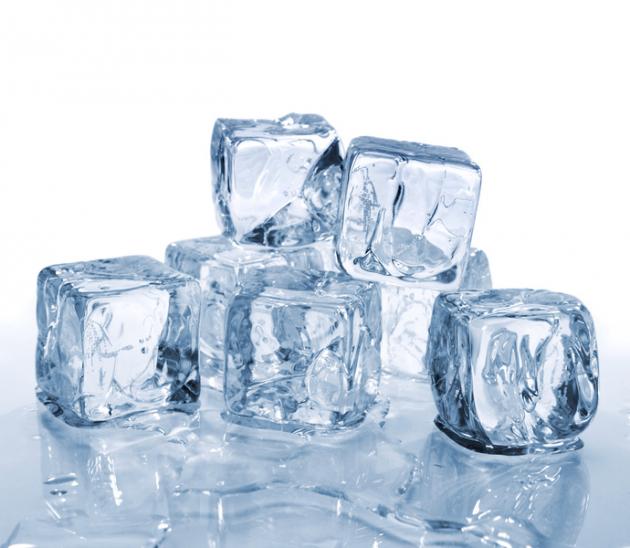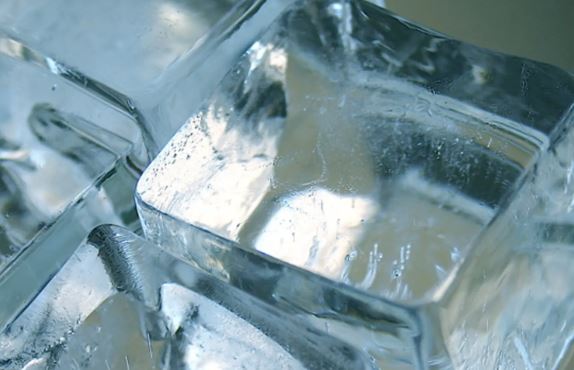Scientists discover a way to prevent water from turning into ice
If you have suffered from those unwanted ice crystals in your freezer, scientists from the University of Zurich have come up with a way to prevent water from turning into ice.

WASHINGTON D.C: If you have suffered from those unwanted ice crystals in your freezer, scientists from the University of Zurich have come up with a way to prevent water from turning into ice. This study was published in the Journal 'Nature Nanotechnology'.
Also Read: Women, drink more water to reduce bladder infections
This new research prevents water from freezing even if the temperature goes extreme sub-zero and holds the amorphous characteristics of a liquid. Researchers, in their first step, designed and synthesized a new class of lipids (fat molecules) to create a new form of 'soft' biological matter called 'lipid mesophase'.

Also Read |
Did you know! Water isn't the best drink to stay hydrated!
The lipids spontaneously self-assemble and aggregate to form membranes, behaving like natural fat molecules. Temperature and the water content along with the novel structure of the designed lipid molecules determine the structure the mesophase takes. What's special about this structure?
Also Read: Did you know? Shorter sleep may lead to dehydration
Unlike in an ice tray, there is no room in the narrow channels for water to form ice crystals, so it remained disordered. So, they don't freeze. Researchers even used liquid helium to cool the lipid mesophase to a temperature as low as minus 263 degree Celsius and still no ice crystals were formed.
"The key factor is the ratio of lipids to water," explains Professor Raffaele Mezzenga. "What makes developing these lipids so tricky is their synthesis and purification," says Ehud Landau.
Also Read |
Here's why people like coffee and beer
These lipid mesophases can serve as a tool for other researchers which can be used to non-destructively isolate, preserve and study large biomolecules in a membrane-mimicking environment, by using cryogenic electron microscopy.
Also Read: Drinking plain hot water may help you lose weight, boost your health
"Our research is paving the way for future projects to determine how proteins might be preserved in their original form and interact with lipid membranes at very low temperatures," commented the professor. (ANI)
 Dynamite News
Dynamite News 
